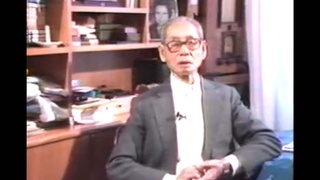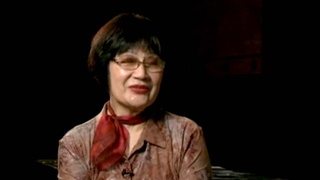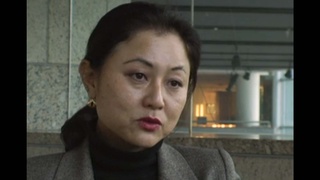Interviews
Early life in Brazil (Japanese)
(Japanese) Copeiro (butler) and Jardineiro (gardener) [were my first jobs]. So [I worked] from 5 in the morning till 12 at night. I woke up early and got tea ready from everyone. At night, I’d have to wait till everyone fell asleep after drinking tea or coffee. So that’s why I had to get up at 5 am and work until after 12. But they treated me well, as a human being. I was there for a year, and I collected a good amount of money. I then went back to Sao Paulo, since I was able to make enough money to go to school in Sao Paulo for a year. After that I went every which way, all over the place… from one Brazilian factory to another. It was for about a year or two. Then, I got married and had kids… we couldn’t [afford to] eat so we had to move to the countryside out of necessity. So, we came to Pompéia.
Date:
Location: Brazil
Contributed by: Caminho da memória - 遥かなるみちのり. São Paulo, Brazil: Comissão de Elaboração da História dos 80 Anos de Imigração Japonesa no Brasil, 1998. VHS.







